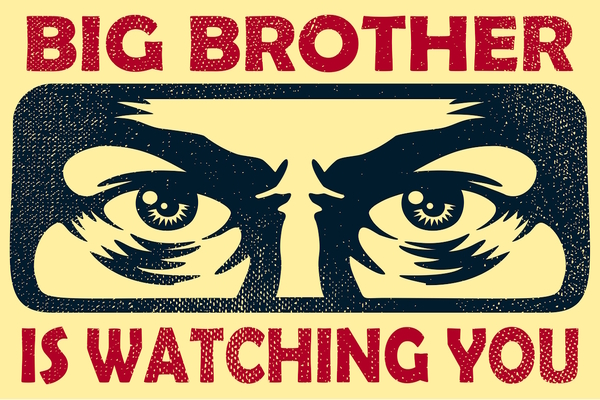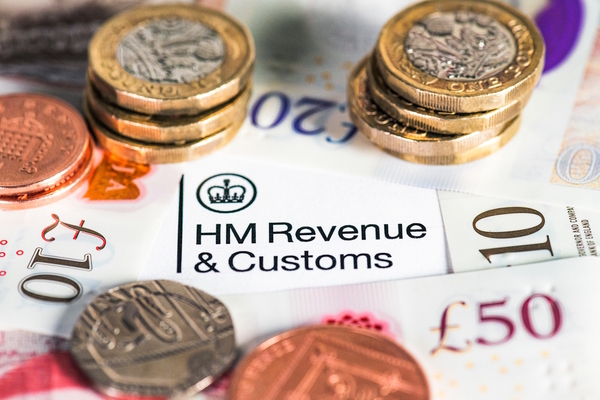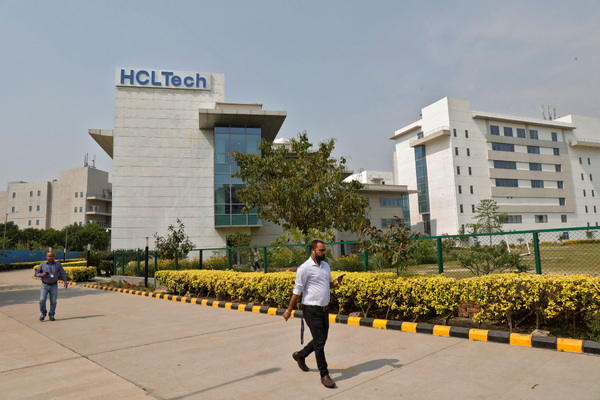The critical importance of DE&I

Sarudzayi Marufu at Euras Films argues that big firms should be ramping up DE&I initiatives – not axing them
DE&I initiatives have brought equal pay, treatment, and opportunity to people of different races, abilities, and genders for more than 60 years, creating a diverse and more equitable workplace for everyone.
But despite the progress made over many decades, the future of DE&I in the workplace is now in jeopardy.
Corporate giants such as Goldman Sachs, Google, Meta, and others have taken steps to dismantle their internal diversity teams, eliminate equality requirements in recruitment, and reduce inclusion in their corporate mission statements. This follows threats of lawsuits from activists who claim that DE&I has normalised reverse racism and led to a loss of corporate control.
While I understand why the reputational damage, costs, and time associated with legal defence would have affected these businesses’ bottom lines – they are making a kneejerk reaction. The reversal of DE&I initiatives will undo decades of progress towards building a fair and equitable society.
Take the film and TV industries, for example. No matter how much you attack multinational studios and streamers, you’re not going to solve its representation issue – but making lots of little changes will help.
At EURAS Films, I know I can make a small change by giving creative roles and opportunities to underrepresented people. Over the years, they have been central to our growth. Employing talented producers, screenwriters, and crew with diverse thoughts, opinions and skills has helped us flourish – and I believe the same can be said for big corporations, too.
When big corporations introduced DE&I schemes, this was their small change. But it made a big difference. The initiatives have helped to create opportunities for all people – regardless of their background. They gave company leaders a means to use their privilege to service underrepresented people.
Now they’ve been dismantled, and people with different gender identities, people living with disabilities, and people from marginalised communities will now tell themselves: I can’t get into this space.
And imagine you’re a marginalised person who is already at Goldman Sachs. You’ve now been told you’re no longer appreciated as you once were, that you were hired out of obligation, or that your efforts are unlikely to go anywhere. In the rare instance that you don’t leave, it’s highly likely that your morale will be battered, and your willingness to achieve results? Forget about it.
So, what are the implications for these businesses?
Goldman Sachs and other big corporates will face a talent exodus. And it’s no secret that 31 percent of Gen-Z candidates choose to work for employers that prioritise diversity and inclusion.
And what about their investors? 4 in 5 investors value the social standards of the companies they invest in, which means their ESG commitments could help them decide if they should part with their cash.
It’s abundantly clear that businesses that actually ramp up DE&I stand to gain a competitive advantage instead.
Take Mastercard, which ranks second in DiversityInc’s 50 Best Companies for Diversity. The payment network’s team is paid equally regardless of their race or gender. The business also offers support for gender-affirming procedures and backs STEM education for young girls. These are small changes that, if taken by other large corporations, could help to make the employment landscape much fairer.
But there is still so much more work to do across the rest of the business landscape. We need more of those small changes, starting with the reversal of the decision to scrap DE&I initiatives. But this time around, I’d want to see that their company leader’s intentions are genuine. Of all directors at major firms, just 1 in 10 are diverse themselves, so how can we expect the values of these businesses to ever really change when racial and cultural bias is so deeply ingrained?
At a high level, we need more compulsory diversity training for senior business leaders, showing them that DE&I is more than solving a social or governance issue. It’s about educating them that the system doesn’t work for marginalised people – and that hiring them will ultimately boost their bottom lines. Maybe then we’d see fewer leaders treating DE&I initiatives as a box-ticking exercise, and more like a roadmap to scaling their business.
Lawsuits are the last of these businesses’ problems. DE&I is far more important.
Sarudzayi Marufu is the founder of Exodus Healthcare and EURAS Films.
Main image courtesy of iStockPhoto.com and FG Trade

Business Reporter Team
Most Viewed
23-29 Hendon Lane, London, N3 1RT
23-29 Hendon Lane, London, N3 1RT
020 8349 4363
© 2024, Lyonsdown Limited. Business Reporter® is a registered trademark of Lyonsdown Ltd. VAT registration number: 830519543
Join the Business Reporter community today and get access to all our newsletters, and our full library of talk show episodes
Join the Business Reporter community today and get access to all our newsletters, and our full library of talk show episodes





